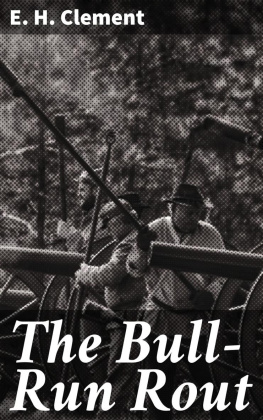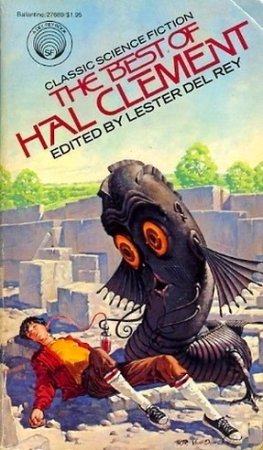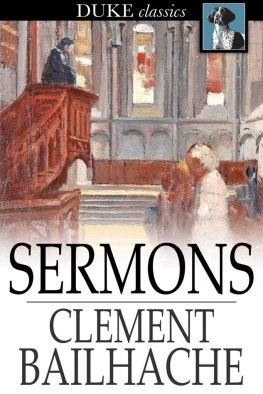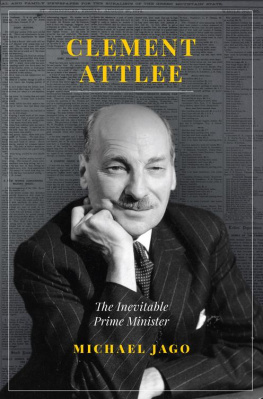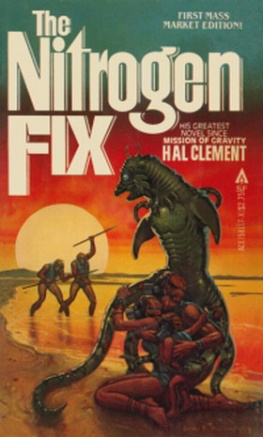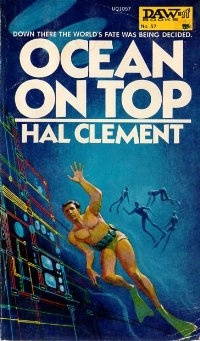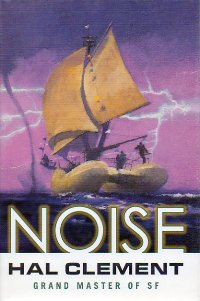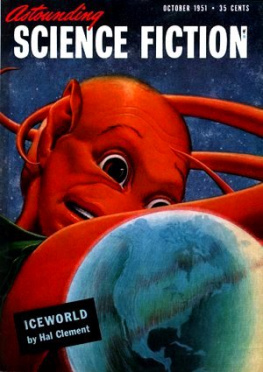THE BULL-RUN ROUT
Table of Contents
A little paper written years ago by a lately deceased brother of mine in that regiment had confessed to me when I was visiting him at the assembling and training camp at Readville and the new army wagons in their fresh blue paint and white canvas arrived on the scene in long array. "It looks as though we were really going," he remarked ruefully.
Andrew J. Clement, First Sergeant, Company M, First Massachusetts Cavalry; died at Morton, Pennsylvania, February 27, 1908.
Philander Crowell, Company H, First Massachusetts Volunteers.
William B. Clement, Company H; died at Chelsea, July 18, 1896.
I find a pretty complete picture of the psychology of those bewildered and dreadful weeks and months in two speeches of Wendell Phillips in that series of wonderful orations in which he rode the storm seeking to direct it to great issues. Some of these speeches I had the fortune to hear. I have been looking up certain things I heard delivered in that deliberate utterance of his with its polished periods, precise and penetrating as rifle-shots, yet freighted with passion, white-hot with intense conviction. It is only necessary to compare these two speeches of Phillips's to show how men's minds tossed and turned and agonized in those daysthe minds of honest, independent, fearless, conscientious men, too. In a speech of April 9, 1861, at New Bedford, Wendell Phillips was in Cassandra vein. Besides many other epigrammatic deliverances to similar effect, he said:
Inaugurate war, we know not where it will end; we are in no condition to fight. The South is poor; we are rich. The poor man can do twice the injury to the rich man that the rich man can do to the poor. War will start up every man whose livelihood hangs upon trade, intensifying him into a compromiser. Those guns fired on Fort Sumter are only to frighten the North into a compromise. If the Administration provokes war it is a tricknothing else. It is the masterly cunning of that devil of compromise, the Secretary of State. He is not mad enough to let the States run into battle. He knows that the age of bullets is over. If a gun is fired in Southern waters it is fired at the wharves of New York, at the bank-vaults of Boston, at the money of the North. It is meant to alarm. It is policy, not sincerity.
Thus in New Bedford, April 9; and no wonder that the local reporter records that the lecture was interrupted with frequent hisses. Twelve days later, on a Sunday, April 21, the same day that Fletcher Webster addressed an out-door meeting in State Street, speaking from the Old State House balcony, Phillips addressed an excited, crowded meeting in Music Hall. That day Phillips was the prophet militant. He began by saying that he gave this war a welcome "hearty and hot." He would not recant or retract anything, he said; he needed everything he had been saying to justify so momentous an evil as civil war.
I rejoice before God to-day for every word that I have spoken counselling peace; but I rejoice also with an especially profound gratitude, that now, the first time in my anti-slavery life, I speak under the stars and stripes, and welcome the tread of Massachusetts men marshalled for war. No matter what the past has been or said; to-day the slave asks God for a sight of this banner, and counts it the pledge of his redemption. Hitherto it may have meant what you thought, or what I did; to-day it represents sovereignty and justice. The only mistake that I have made was in supposing Massachusetts wholly choked with cotton-dust and cankered with gold. The South thought her patience and generous willingness for peace were cowardice; to-day shows the mistake.
All winter long I have acted with that party which cried for peace. The anti-slavery enterprise to which I belong started with peace written on its banner. We imagined that the age of bullets was over; that the age of ideas had come; The South opened this door [to the solution] with cannon-shot, and Lincoln shows himself at the door. The war, then, is not aggressive, but in self-defence, and Washington has become the Thermopyl of Liberty and Justice. Rather than surrender that Capital, cover every square foot of it with a living body; crowd it with a million of men, and empty every bank vault at the North to pay the cost.
W. Phillips, Speeches (Boston, 1884), 396400.
This speech was surely worth thousands of men to the government, but such is the constitutional cowardice of professional managing politicians that those of that day thought it prudent, for the sake of winning over to loyalty the so-called War Democrats, to have the speech suppressed, and all the docile daily papers did suppress it. It was circulated to the number of a hundred thousand as a supplement extra of the weekly called "The Anglo-African." Even so late as October of that year the Republican State Convention, according to an exultant editorial of the "Boston Daily Advertiser," "certainly disavowed any intention of endorsing the fatal doctrines announced by Mr. Sumner in that convention," and also buried Rev. James Freeman Clarke's resolution in favor of freeing the slaves, as the esteemed contemporary of that day predicted, "never to rise again." By another year the Emancipation proclamation had issued, and three months later Massachusetts idealists speaking through Wendell Phillips could say: "A blundering and corrupt cabinet has made it at last an inevitable necessityLiberty or Death. The cowardice of Webster's followers in the cabinet has turned his empty rhetoric into solemn truth; and now honest men are not only at liberty, but bound to live and die under his motto'Liberty and Union, now and forever, one and inseparable.'" The country's baffling search to find its ground, its rising determination to yield thus far and no farther, the stand taken at last, the great defeat that first befell, the high idealism, the spirit of the hourall are seen in the brief, intimate account written for the family circle at home of the experiences and feelings of one representative Boston youth of twenty, soon after to be a full-fledged three years' man, a hero who rode in the First Massachusetts Cavalry from Virginia to Florida and back again.
"The First Massachusetts Infantry was the first regiment to leave the State for three years' service in the national cause; and, indeed, is said to have been the first three years' regiment in the service of the United States." To the call from the War Department of May 8, 1861, for volunteers for three years, "the First Regiment immediately and unanimously responded," though the other regiments which had gone from the State were enlisted for three months only. The First left Boston on June 15, 1861, and reached Washington on the 18th, and the next day marched, with the temperature at 90, to a camp beyond Georgetown and was at once put under strictly military discipline, being there in the enemy's country. It was not till July 16 that the regiment marched into Virginia with three other regiments, and the next night bivouacked at Centreville.


